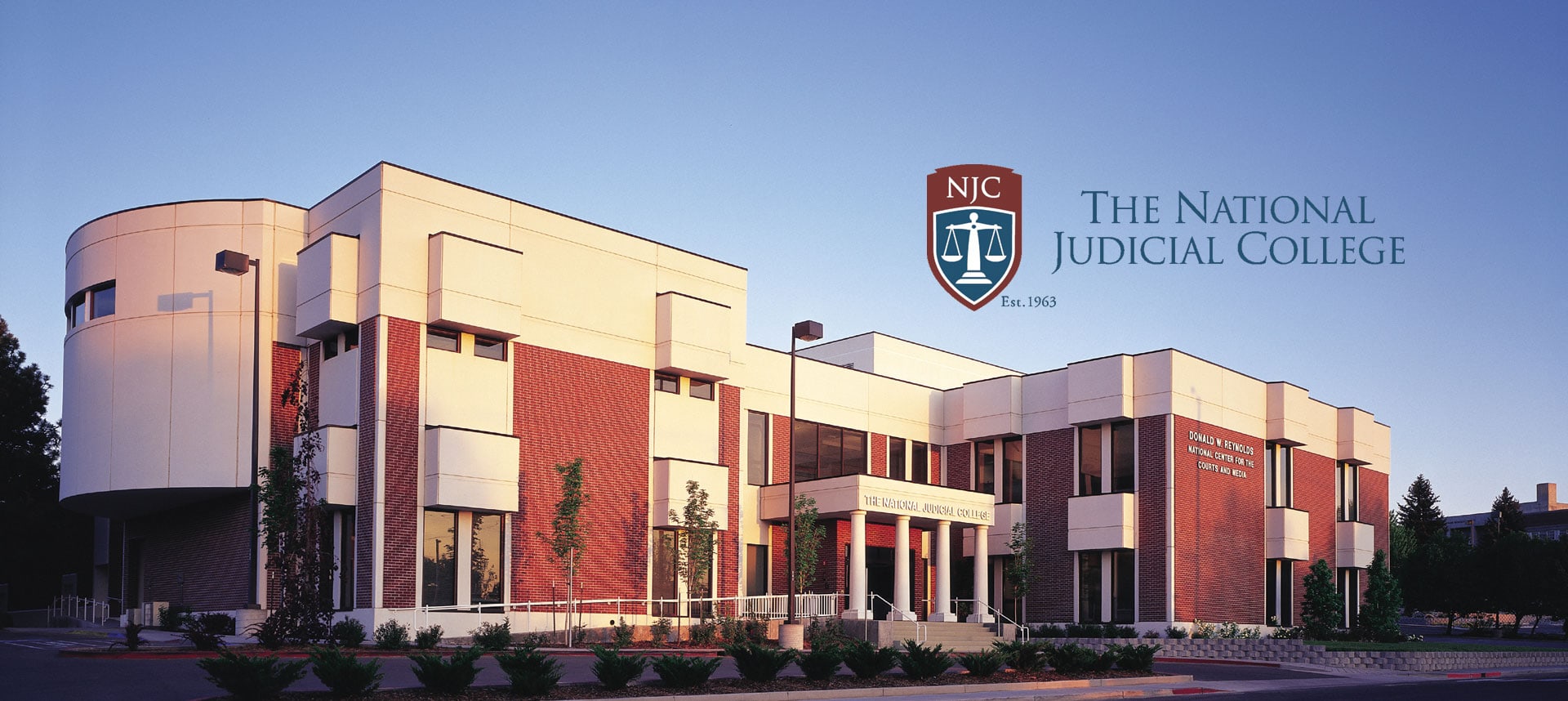Many judges wish they knew more about mental health.
That was one of takeaways from our monthly one-question survey, which earlier this month asked NJC alumni to choose among 13 potential new courses. The one that received the most votes, 328, was When Mental Health Is an Issue in a Case.
“There is no judge for whom mental health problems have not been an issue,” commented one judge, anonymously, as was most often the case among those who added comments with their votes. “It only takes one case of this type to realize you’re not as well-equipped to handle it as you’d like.”
The second most popular choice was Judicial Discipline: How a Lapse in Judgement Could Cost You (278 votes) followed closely by Effective Sentencing: The Latest Research (271).
Respondents could vote for as many of the proposed courses as they liked (a total of 6,396 votes were cast by 533 judges). They could also vote “other” and suggest courses, as 49 judges did (see below).
Here are the vote totals for the other courses listed in the survey:
- Is There a Role for Compassion in Judging? (242)
- Modern Approaches to Presiding over Civil Matters (230)
- Judging Plea Bargains (222)
- Retirement for Judges (192)
- Peacemaking, Family Mediation and Other Alternatives for Resolving Disputes (149)
- Know Your Power: State Constitution Interpretation (144)
- Record-Sealing Decisions and Considering the Public Interest (143)
- Land Issues and the Dormant Commerce Clause (33)
- Oil and Gas Law: An Introduction (25)
It’s important to note that the results were likely affected by the types of judges who chose to participate in the survey. For example, Judging Plea Bargains probably did not interest judges who do not deal with plea bargains.
Below are the suggestions we received for other potential new courses. Hyperlinks connect to existing courses that cover some or all of the suggested subject matter.
- Case Management Basics in Administrative Law and Handling Agency Administrative Appeals
- Secondary Trauma and How that May Contribute to Decision Making, Home Life and General Unhappiness – Recognizing That the Job Requires the Ability to Compartmentalize
- Tech Skills Are Not Optional for Judges
- Ethics – Practical Application of Code Provisions to Everyday Issues
- Politics and Dealing with Difficult Judicial Colleagues
- Beyond Email: Evidentiary Issues with Social Media and Electronic Communications
- Probate, Marijuana in State/Federal Jurisdictions
- Personal Security or Weapons Training for Judicial Officers/ Court Security – Broadening our Focus to Include Random and Hate Group Violence
- Effective Disposition for Juvenile Delinquents
- Court Room Management – Affording Litigants Enough Time While Keeping Your Calendar From Backing Up — Mission Possible
- Judicial Drafting: Eliminating “Legalese” in Favor of Plain Language Everyone Will Understand
- Forensic Science and the Law
- Effectively Dealing with Difficult Pro Se Litigants
- Standards of Review and How They Determine Case Outcomes; How to Write Reversal-Proof Trial Orders
Kentucky Circuit Court Judge Joe Castlen Davies recommended a seminar on creating new processes to increase efficiency and public accessibility within the civil judicial system.
North Carolina District Court Judge T. M. Anderson said any mental health course should include sections on understanding mental illness and practical ways to interact with mentally ill people in the workplace; how to train court staff and justice partners to collaborate; and how to maintain the idealism of the judicial profession after years of being submerged in the day-to-day reality of negative conflict.
In case you missed the survey, feel free to comment on these potential courses or submit any additional suggestions by emailing njc-communications@judges.org.
*Each month the College emails an informal, non-scientific one-question survey to its more than 12,000 judicial alumni in the United States and abroad. The results, summarized in the NJC’s Judicial Edge Today, are not intended to be characterized as conclusive research findings.

The Hon. Mary-Margaret Anderson (Ret.), a retired administrative law judge with the California Office of Ad...

Happy October, Gaveliers faithful. Are you loving this or what? No one believed a team made up of judges...


Hon. Diane J. Humetewa, the first Native American woman and the first enrolled tribal member to serve as a ...

Retired Massachusetts Chief Justice Margaret H. Marshall has been selected as the 2024 winner of the presti...